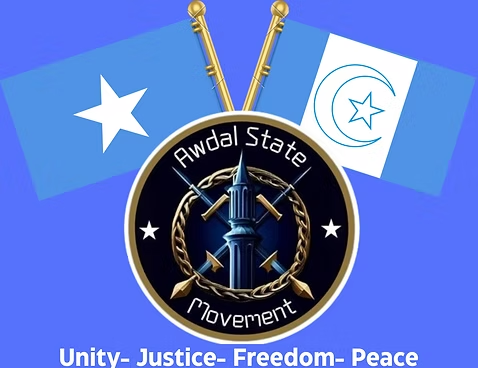During Djibouti’s struggle for independence, Somalia support, including covert assistance and reports of special forces, helped Djiboutian nationalists resist colonial control. That history of mutual aid makes today’s developments all the more troubling: the current Djibouti regime under President Ismaïl Omar Guelleh is now implicated in actions that undermine Somali constitutional order and the integrity of Somali political representation.
The contentious center of this dispute is the outcome of the Arta process of May 2, 2000. That conference, convened in Djibouti, produced agreements that reshaped Somalia’s transitional institutions at a time when delegations were largely composed of tribal elders rather than legal experts. Critics argue the process was heavily influenced by external actors and resulted in parliamentary allocations that do not reflect constitutional principles or demographic realities. In particular, the way seats were distributed, with certain minority clans, particularly Ciise, obtaining a disproportionately large share, has long been a source of grievance.
Today the Djibouti government is again invoking the Arta arrangements, summoning Somali parliamentarians and opposition figures to a ceremony that would reaffirm those disputed provisions. For many Somalis this is not simply a ceremonial matter: it is an attempt to legitimize a process widely seen as unconstitutional and unfair. Accepting such a ceremony without a thorough legal and political review would set a dangerous precedent: foreign influence determining internal parliamentary representation and rewarding distortion of the constitutional order.The concrete grievance that has drawn widespread attention is the allocation of multiple parliamentary seats to a clan (Ciise), that constitutes a very small fraction of the population in the Awdal region. When a community representing roughly 2% of a region’s population is awarded seven seats in the federal parliament, questions of fairness and proportionality are inevitable. Such an arrangement departs from established democratic norms elsewhere, where representation is expected to be broadly proportional and constitutionally grounded.
What should be done?
First, Somali institutions, parliament, the executive, and the judiciary, must assert their constitutional authority. Any external initiative that seeks to modify representation or validate past irregularities must be subjected to constitutional review. Second, a transparent, independent audit of the 2000 Arta allocations should be commissioned, involving Somali legal experts, constitutional scholars, and neutral international observers acceptable to Somali stakeholders. Third, inclusive dialogue among Somalia’s federal member states, clans, political parties, and civil society is essential to produce a durable, legally defensible formula for parliamentary representation that reflects demographic realities and the federal compact.
Finally, historical solidarity between Somalia and Djibouti calls for constructive relations, not for actions that erode Somalia’s constitutional order. The Somali people and their legitimate government have the right, and the duty, to reject this 29/10/2025 Arta ceremony which is an external attempt to impose an unconstitutional allocation of power. The federal government of Somalia must pursue a fair, transparent correction that restores confidence in the country’s democratic institutions.
By: BURAALE XINIIN
